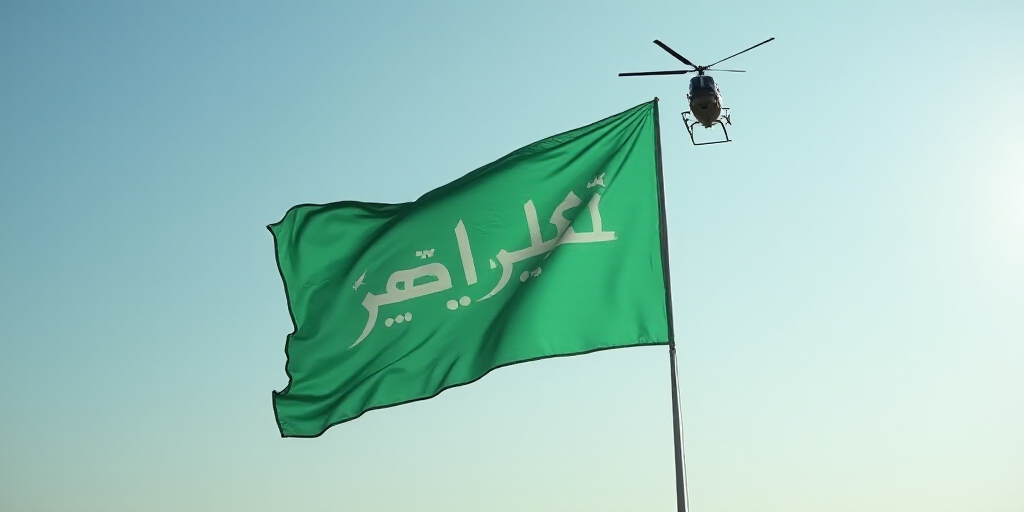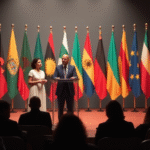Background on Key Figures and Relevance
On Wednesday, during the state visit of Pakistan’s Prime Minister Shehbaz Sharif to Riyadh, Saudi Arabia and Pakistan signed a defense mutual agreement. This significant development in their bilateral relations underscores the historical ties and strategic importance of both nations.
Shehbaz Sharif, a seasoned politician and the President of Pakistan Muslim League (N), succeeded his brother, Nawaz Sharif, as Prime Minister in April 2022. His visit to Saudi Arabia aims to strengthen diplomatic and economic relations between the two countries. Meanwhile, Saudi Arabia, a key regional power and an influential member of the G20, seeks to bolster its strategic partnerships in the Middle East and beyond.
Historical Context and Strategic Importance
The relationship between Saudi Arabia and Pakistan dates back to the 1940s when both nations established diplomatic ties. Over the decades, their bond has been characterized by mutual support in international forums, defense cooperation, and economic partnerships. Pakistan has traditionally relied on Saudi Arabia for oil imports and remittances from Pakistani workers in the Kingdom. In turn, Saudi Arabia has provided Pakistan with crucial diplomatic backing and financial assistance.
Key Points of the Defense Mutual Agreement
The defense mutual agreement signed by both countries emphasizes their commitment to:
- Strengthening defense cooperation: The agreement aims to enhance military collaboration, joint exercises, and technology transfer between the two nations.
- Promoting regional security: Both countries pledge to work together in maintaining stability and countering threats in the broader Middle Eastern region.
- Enhancing economic ties: The agreement also seeks to expand economic collaboration, focusing on energy, infrastructure, and trade.
Impact on Regional Dynamics
This defense mutual agreement is expected to have several implications for the region:
- Balancing regional power dynamics: The partnership may serve as a counterbalance to Iran’s influence in the region, given Pakistan’s historical ties with Tehran.
- Boosting Saudi Arabia’s strategic partnerships: The agreement reinforces Saudi Arabia’s position as a key regional power and strengthens its strategic partnerships.
- Pakistan’s geopolitical maneuvering: The deepening ties with Saudi Arabia may enable Pakistan to navigate its complex regional relationships more effectively.
Key Questions and Answers
- Who are the key figures involved in this agreement? The main figures are Pakistan’s Prime Minister Shehbaz Sharif and the Saudi Arabian leadership, including Crown Prince Mohammad bin Salman.
- Why is this agreement significant? The defense mutual agreement strengthens the historical ties between Saudi Arabia and Pakistan, enhancing their cooperation in defense, regional security, and economic collaboration.
- What are the potential implications for regional dynamics? The agreement may balance regional power dynamics, bolster Saudi Arabia’s strategic partnerships, and enable Pakistan to navigate its complex regional relationships more effectively.






